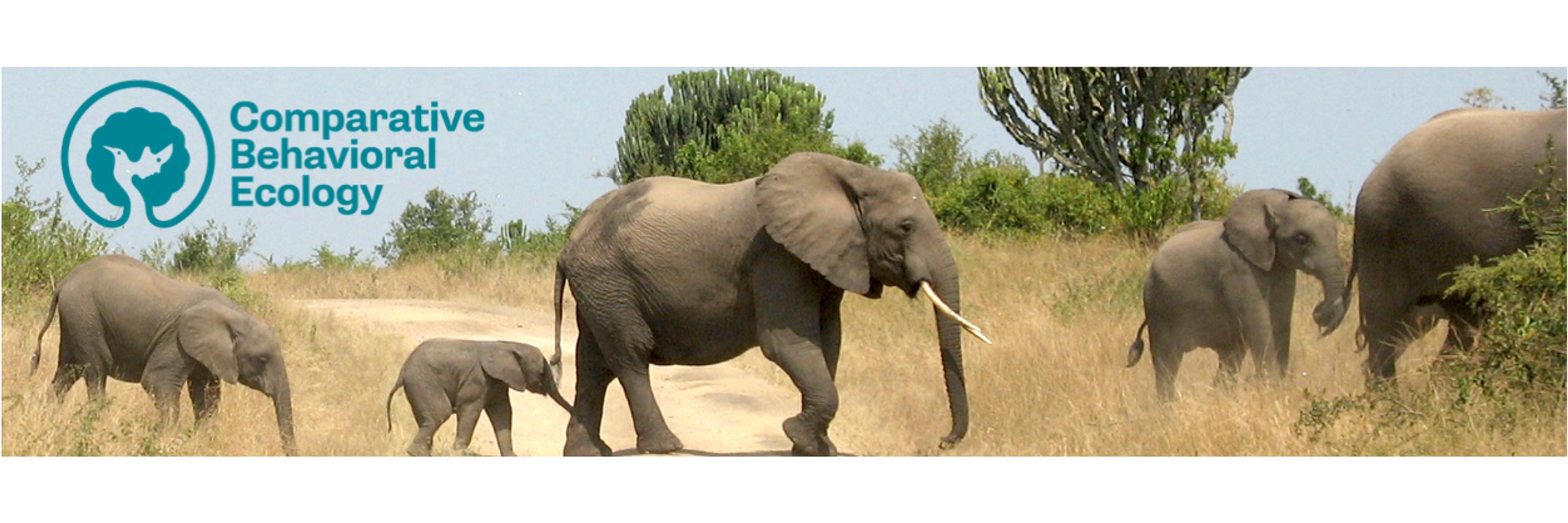
Dieter Lukas
@dieterlukas.fediscience.org.ap.brid.gy
Investigating the evolution of social behaviour. Comparative Behavioral Ecology group leader (he/him) at the MPI EVA
🌉 bridged from https://fediscience.org/@DieterLukas on the fediverse by https://fed.brid.gy/
🌉 bridged from https://fediscience.org/@DieterLukas on the fediverse by https://fed.brid.gy/
If you want to get started with actual identification of birds, I can recommend the Merlin app from Cornell Lab of Ornithology: https://merlin.allaboutbirds.org/

Merlin Bird ID - Home
Identify Bird Songs and Calls Sound ID listens to the birds around you and shows real-time suggestions for who’s singing. Compare your recording to the songs and calls in Merlin to confirm what you heard. Sound ID works completely offline, so you can identify birds you hear no matter where you ar
merlin.allaboutbirds.org
October 19, 2025 at 11:36 PM
If you want to get started with actual identification of birds, I can recommend the Merlin app from Cornell Lab of Ornithology: https://merlin.allaboutbirds.org/
Reposted by Dieter Lukas
Innateness has been subjected to strong criticisms. A founder of the Animal Behavior Society, Ethel Tobach, along with Daniel Lehrman and their mentor T. C. Schneirla, convincingly argued that development could not be pigeonholed into such dichotomies. link.springer.com/article/10.1...

Revisiting T. C. Schneirla’s “Interrelationships of the ‘Innate’ and the ‘Acquired’ in Instinctive Behavior” (1956) - Biological Theory
During the postwar period, the concept of instinct came to encapsulate the debate around the importance of nature versus nurture. The fact that animals show highly organized behavior early in development suggested the presence of an underlying fixity where behavior was “inbuilt” into an animal’s biology despite an individual’s experiences. This placed a discrete and exhaustive line between the innate and acquired that became a foundation for the European-dominated field of ethology. Across the Atlantic, a group of comparative psychologists led by the American Museum of Natural History’s T. C. Schneirla contested this approach, proposing that the study of animal behavior should avoid abstract dichotomies with a renewed focus on developmental processes. While Schneirla’s theoretical and empirical work shaped the modern study of animal behavior, his legacy requires revisiting in an era where the nature versus nurture debate is regaining prominence. In this article, I revisit Schneirla’s approach to behavior with a focus on his paper “Interrelationships of the ‘Innate’ and the ‘Acquired’ in Instinctive Behavior” (published in M. Autuori et al. (1956) L’instinct dans le comportement des animaux et de l’homme; Masson, Paris, pp. 387–452) for the journal’s “Classics in Biological Theory” collection; the paper is available as supplementary material in the online version of this article. A companion article (this issue; G. M. Kohn (2024) “A Discussion on Instinct, Paris, 1954”) presents the commentary that was published with it.
link.springer.com
October 3, 2025 at 7:29 PM
Innateness has been subjected to strong criticisms. A founder of the Animal Behavior Society, Ethel Tobach, along with Daniel Lehrman and their mentor T. C. Schneirla, convincingly argued that development could not be pigeonholed into such dichotomies. link.springer.com/article/10.1...

